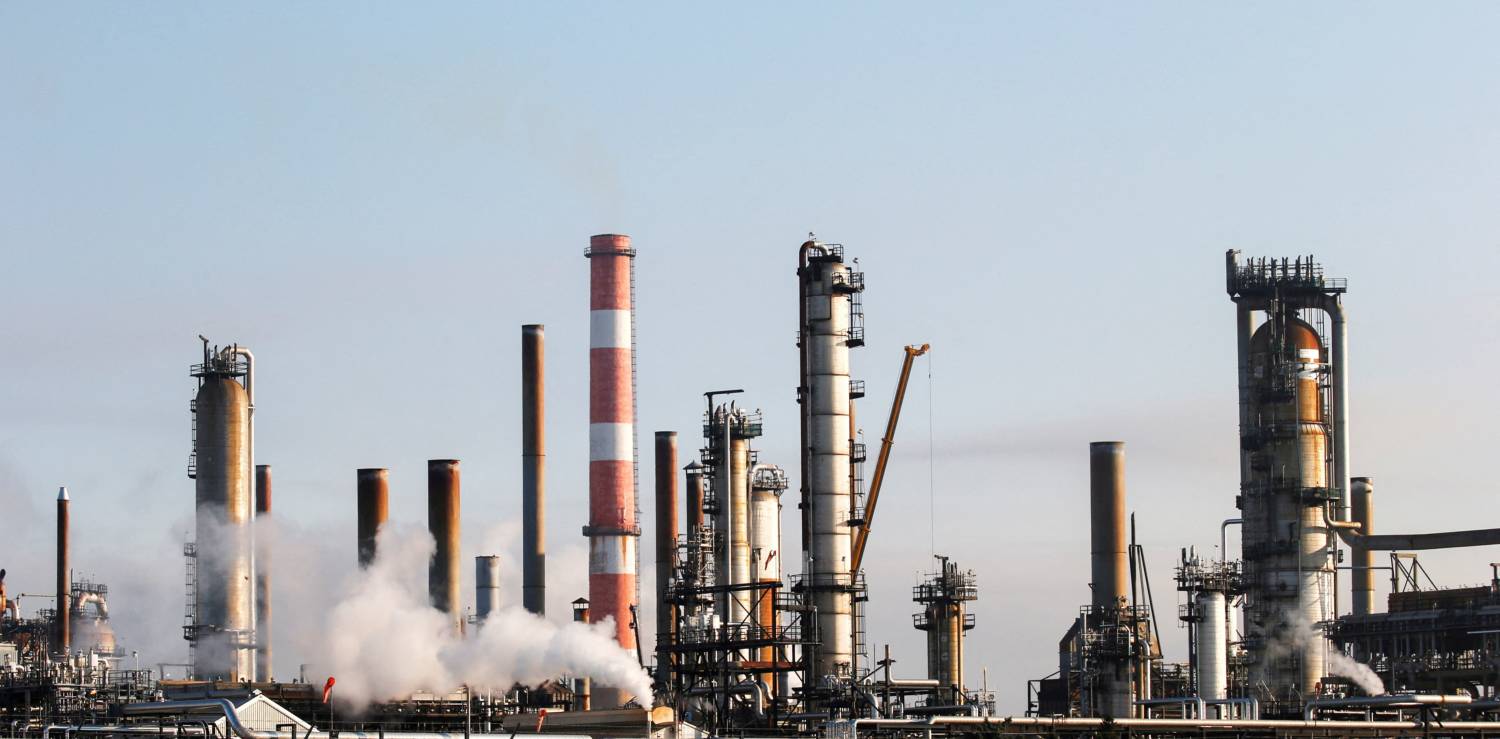Western sanctions on Russia have significantly reduced state oil revenues and diverted tens of billions of dollars towards shipping and refining firms, some with Russian connections.
Most of the winners from the sanctions are based in China, India, Greece and the United Arab Emirates, at least 20 trading and banking sources said. A handful are partly owned by Russian companies.
None of the firms is breaching sanctions, the sources told Reuters, but they have benefited from measures designed by the European Union and the United States to reduce the revenues of what they call Russian President Vladimir Putin’s war machine.
As the Ukraine conflict heads into a second year, the calculations show that Russia’s income has dropped but the volume of exports has remained relatively stable despite sanctions.
Putin told the West that sanctions would trigger an energy price rally. Instead, international benchmark Brent oil prices LCOc1 have fallen to $80 per barrel from a near-all-time high of $139 in March 2022, weeks after the start of the war.
Before Moscow’s invasion of Ukraine began on Feb. 24 last year, Brent traded at around $65-$85 per barrel.
After the Group of Seven (G7) industrialised nations imposed a price cap on Russian oil in December, Moscow’s oil export revenues fell by 40% year-on-year in January, Russia’s finance ministry said.
“Low official oil price meant that the Russian state budget has suffered in recent weeks,” Sergey Vakulenko, non-resident fellow at the Carnegie Endowment for International Peace, said.
Vakulenko was a former head of strategy at Russian energy major Gazprom Neft. He left the firm and Russia days after the start of the war.
“Judging by the customs statistics, some of the benefit was captured by refiners in India and China, but the main beneficiaries must be oil shippers, intermediaries and the Russian oil companies,” he added.
Sanctions on Russia – probably the harshest imposed on an individual state – include outright bans on purchases of Russian energy by the United States and the EU, as well as bans on the shipping of Russian crude anywhere in the world unless it is sold at or below $60 per barrel.
Russia has diverted most crude and refined products to Asia by offering steep discounts to buyers in China and India versus competing grades from the Middle East, for instance.
The ban on shipping and the price cap have made buyers wary and forced Russia to pay for transportation of crude as it does not have enough tankers to carry all of its exports.
As of late January, Russian oil firms were offering discounts of $15-$20 per barrel for crude to buyers in India and China, according to at least 10 of the traders who are involved in operations and an invoice seen by Reuters. All of the sources asked not to be named because of the sensitivity of the issue.
In addition, Russian sellers have also paid $15-$20 per barrel to shipping companies to take crude from Russia to China or India, according to the 10 traders and the invoice.
As a result, Russian companies received only $49.48 per barrel of Urals at Russian ports in January, down 42% year-on-year and just 60% of the European Brent benchmark price, according to the Russian Finance Ministry.
By comparison, a U.S exporter of Mars crude – a grade similar to Urals – would pay about $5-$7 per barrel for shipping a cargo to India. Given a discount of $1.6 per barrel versus the U.S. benchmark WTI, a U.S. exporter would collect some $66 per barrel at a U.S. port, or 90% of the benchmark price.
With output of 10.7 million barrels per day (bpd) in 2022 and exports of crude and refined products of 7.0 million bpd, the discount and additional costs would see producers’ revenues falling by tens of billions of dollars in 2023.
The head of the International Energy Agency (IEA), Fatih Birol, said on Sunday the price cap reduced Moscow’s revenue by $8 billion in January alone.
However, because some lost revenues are captured by Russian firms, the exact hit to earnings of producers and the state is difficult to quantify.
As a further complication, some Russian oil grades, including Pacific grade ESPO, are also worth more than Urals.
The Russian energy and finance ministries declined to comment on the impact.
(REUTERS)






